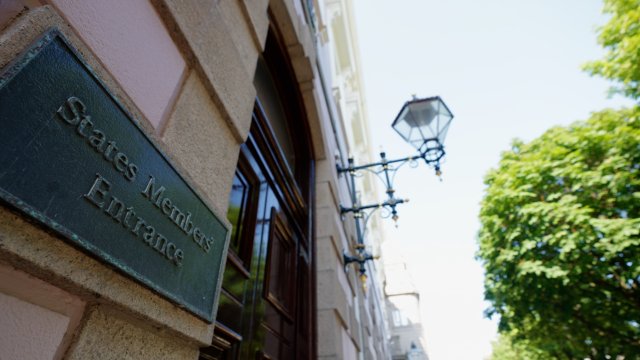
If you feel strongly about a local issue, you may wish to start a petition. This can be a powerful tool for gathering local support and it can lead to a States debate, which could lead to a change in the Law.
Your petition must call for a specific action from Ministers or the States Assembly and be something that either the Government or the States Assembly is responsible for.
Every petition must show who is responsible for starting it. This may be one person, a group of people, or an organisation. A petition must set out both the background to the issue concerned and the action or remedy being sought. Remember that people won’t always know that much about the issue you’re petitioning about.




.jpg?width=680)
